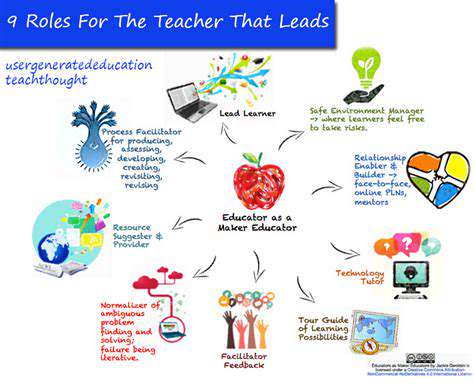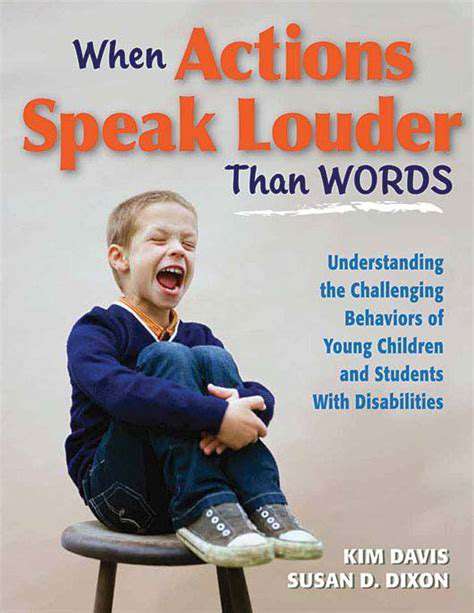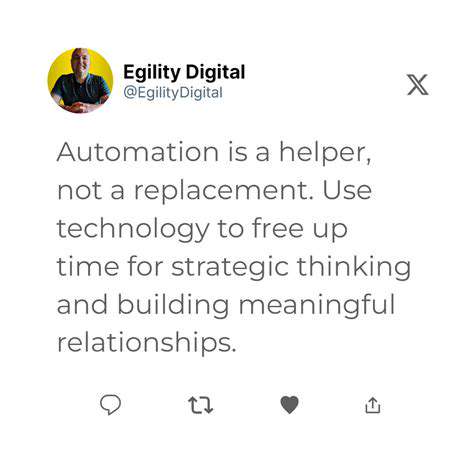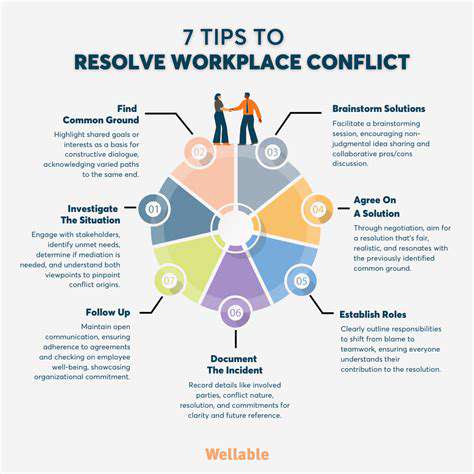责任感技能:适合孩子年龄的杂务
Setting the Stage for Responsibility
Introducing simple chores to toddlers, even those as young as one, is a crucial step in fostering a sense of responsibility and contributing to the household. It's not about perfection or expecting complex tasks; it's about establishing routines and building the foundational skills needed for more advanced chores later. This early exposure helps children understand that their actions have an impact and cultivates a sense of ownership and pride in their contributions.
Start by focusing on activities that are developmentally appropriate for their age and abilities, emphasizing the process over the outcome. Remember, the goal is to instill positive habits and a sense of belonging, not to create little workhorses.
Age-Appropriate Chores (1-Year-Olds)
At this stage, toddlers are just beginning to develop their motor skills and understand simple instructions. Simple tasks like putting their toys away in a designated basket, or placing soft cloths into a laundry hamper, are excellent choices. Even if they don't complete the task perfectly, the act of attempting it is crucial for development.
Supervise closely and offer positive reinforcement for any effort. Focus on the positive aspects of their participation, rather than focusing on whether the task was done perfectly. This creates a positive association with helping and encourages continued participation.
Chores for 2-Year-Olds: Growing Independence
Two-year-olds are becoming more independent and eager to participate in activities. This is a great time to introduce tasks like wiping up spills, putting dirty clothes in the hamper, or helping to set the table with simple items. These tasks are perfect for building fine motor skills and encouraging cooperation within the family environment.
Be patient and understanding as they may not always complete tasks perfectly. Focus on the process and celebrate small victories. Consistency is key; regular participation in these activities will help them develop a sense of routine and responsibility.
Encouraging Participation Through Play
Making chores fun and engaging is vital for keeping toddlers motivated. Turn simple tasks into a game by using playful language and incorporating their interests. For example, pretend play can be incorporated with sweeping pretend crumbs from a pretend table. This transforms the task from a chore into an opportunity for learning and interaction.
Using colorful containers or baskets to organize toys can make the task more appealing. Involve them in the process as much as possible, allowing them to choose between different colored cloths for the laundry pile. This encourages participation and fosters a sense of ownership over their tasks.
Positive Reinforcement and Praise
Positive reinforcement is essential for motivating toddlers and encouraging them to continue participating in chores. Praise their efforts, no matter how small, and acknowledge their participation in a positive and encouraging way. This reinforces the idea that helping is valuable and appreciated. Avoid using negative language or comparisons to other children, as this can undermine their motivation and create a sense of inadequacy.
Focus on the effort and the participation, not the outcome. This positive reinforcement will help your toddler develop a sense of pride in their contributions and create a positive association with helping around the house. Celebrating their participation in any way, big or small, is important in fostering a positive attitude toward responsibility.
Preschool Chores (Ages 3-5): Expanding Capabilities
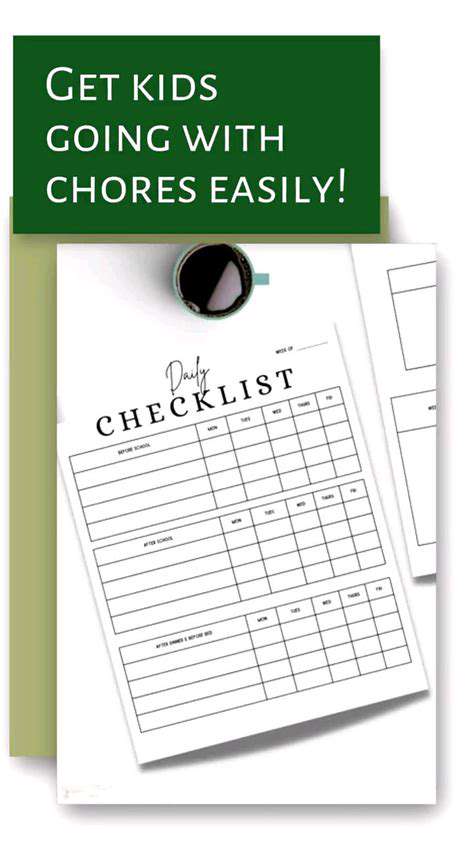
Setting the Stage for Independence
Preschoolers are eager to contribute and feel a strong sense of accomplishment when they help out around the house. Incorporating age-appropriate chores not only fosters responsibility but also strengthens their fine motor skills and teaches valuable life lessons. Creating a positive and supportive environment is crucial for their success. Avoid making chores feel like punishment; instead, frame them as opportunities to learn and grow. This sets the stage for a lifelong appreciation of contributing to the family.
Introducing simple tasks like putting toys away, helping with the laundry (sorting clothes or putting away clean clothes), or setting the table can be a great introduction. These early experiences build a foundation for more complex tasks as they progress through their developmental stages.
Age-Appropriate Chores (3-5 Years Old)
At this age, chores should be very simple and focused on developing fundamental skills. Activities like wiping up spills, putting away books, or helping to gather toys are excellent choices. These tasks are designed to improve fine motor skills and coordination, while teaching them about taking care of their surroundings. It's essential to break down the tasks into smaller, manageable steps, making them easier to complete and more rewarding for the child.
Simple tasks like sorting laundry (matching colors, for example), putting dirty clothes in the hamper, or helping to clear the table after meals are also great options. Remember to praise their efforts, regardless of the outcome, emphasizing the effort and not the perfection of the task.
Encouraging Participation and Motivation
Children in this age group thrive on praise and positive reinforcement. Make sure to acknowledge and appreciate their efforts, even if the job isn't perfectly done. Focus on the process rather than the outcome, emphasizing their contribution to the family. Letting them choose which chore they want to do, or incorporating a reward system (like earning stickers or small privileges) can also be motivating. The goal is to make chores enjoyable experiences rather than tedious tasks.
Involve them in the planning of the chores, and allow them to choose which tasks they feel capable of handling. This empowers them and fosters a sense of ownership. Positive reinforcement and encouragement are keys to fostering a love for helping and a sense of responsibility. Creating a warm and supportive environment is essential for developing this positive attitude.
Consistency and Routine
Establishing a consistent routine for chores is vital for preschoolers. Regularly scheduled times for completing tasks help them understand expectations and build good habits. Consistency also teaches them about time management and responsibility. Setting clear expectations and routines makes it easier for children to understand what is expected of them.
Making chore time a part of the daily routine, like after meals or before bedtime, can help children understand that these tasks are part of family life. This helps them develop a sense of belonging and contribute to a smoothly functioning household. By making chore time a regular part of their day, children learn about responsibility and the importance of contributing to the family.
Physical well-being is a cornerstone of holistic development. It encompasses more than just the absence of illness; it includes fostering healthy habits, encouraging physical activity, and promoting a positive relationship with one's body. Children who understand the importance of nutritious food, regular exercise, and adequate sleep are better equipped to handle the challenges of life and achieve their full potential. Parents play a crucial role in modeling these healthy behaviors and creating an environment where their children can thrive physically.

Teen Chores (Ages 13+): Preparing for Adulthood

Essential Chores for Independence
Teens aged 13 and up are on the cusp of adulthood, and a key component of this transition is taking on more responsibility around the house. This phase necessitates a shift from occasional help to consistent, reliable contributions. These chores are crucial for fostering self-reliance and a sense of belonging within the family unit. They teach valuable life skills that extend far beyond the kitchen and laundry room.
Developing a chore schedule encourages time management, organization, and a sense of personal accountability. This proactive approach to responsibility prepares teens for the demands of higher education, future employment, and independent living.
Household Maintenance and Organization
Maintaining a clean and organized home is a shared responsibility. Teens can contribute significantly by taking charge of specific areas or tasks. This might include dusting, vacuuming, or wiping down surfaces in designated rooms. Regular upkeep not only maintains a comfortable living space but also fosters a sense of pride in their home environment.
Another important aspect of this is organizing belongings. Teaching teens how to efficiently sort, store, and maintain order in their own rooms and shared spaces is a valuable skill. This reduces clutter and promotes a sense of calm and control.
Cooking and Food Preparation
Cooking and food preparation are fundamental life skills. Encouraging teens to prepare simple meals or assist with family meals is a great way to introduce them to culinary practices. This can include tasks such as setting the table, washing vegetables, or even preparing simple dishes like salads or sandwiches. It's important to provide guidance and support, ensuring they develop safe and healthy habits.
Laundry and Cleaning Duties
Laundry and cleaning duties are essential household chores that need to be performed on a regular basis. Teens can be entrusted with tasks like sorting laundry, washing, drying, folding, and putting away clothes. This helps teach them about proper clothing care and maintenance. This is an excellent opportunity to teach them about budgeting and resource management as they learn to use household cleaning products effectively and efficiently.
Financial Responsibilities and Budgeting
As teens gain more independence, it's crucial to introduce them to financial responsibilities. This can involve taking on the payment for personal expenses, such as phone bills, internet access, or specific entertainment costs. This teaches them budgeting and the value of money, crucial life skills for the future. Encouraging a savings habit or contribution to household expenses, however small, is an excellent step towards financial literacy.


